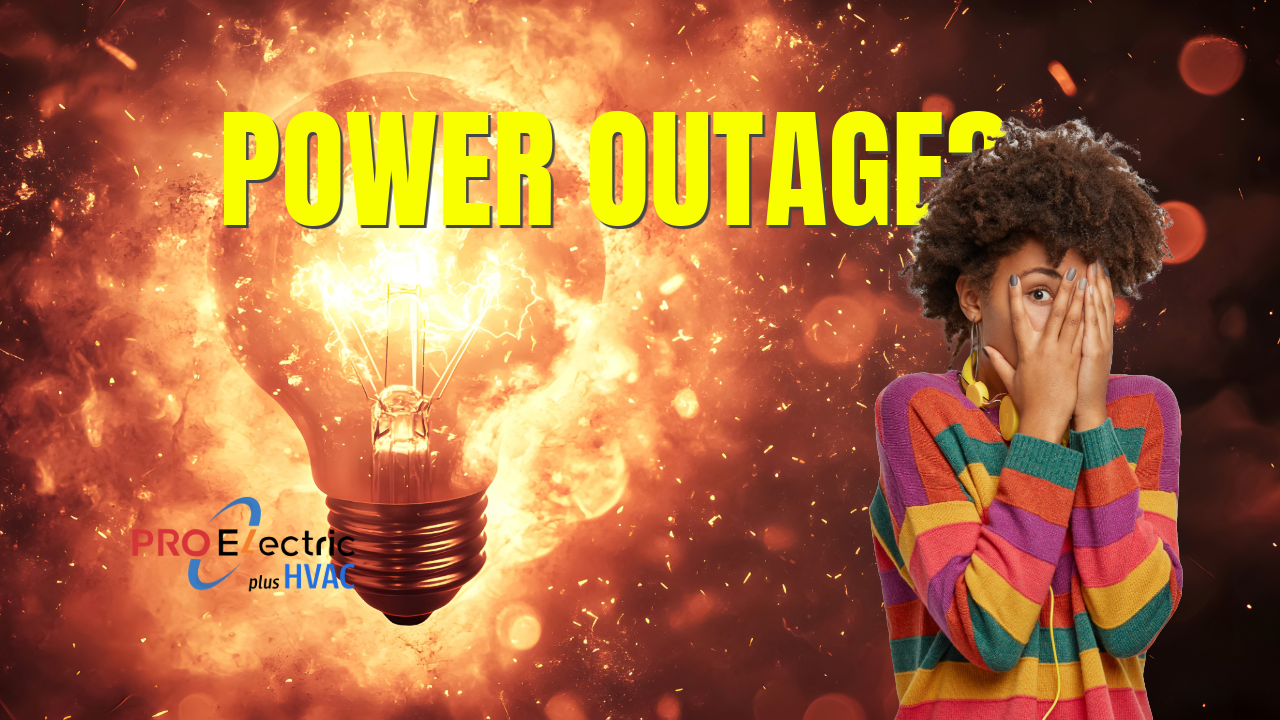Losing power at home can be annoying! Right?
The first step to preparing for and perhaps preventing a residential power outage is comprehending why it occurs.
From tripped circuit breakers and blown fuses to extreme weather damage and utility grid problems, many things can interrupt your electricity supply.
We describe fifty causes of home power loss concisely and authoritatively so you can troubleshoot issues, speak with professionals, and prepare your family for future outages.
Here are 50 quick reasons you may lose power in a house:
-
Tripped circuit breaker
-
Blown fuse
-
Power outage in the area
-
Downed power lines
-
Severe weather damage
-
Faulty wiring
-
Utility maintenance work
-
Transformer failure
-
Tree limb interference
-
Lightning strike damage
-
Faulty electrical panel
-
Overloaded circuits
-
Short circuit occurrence
-
Power surge incident
-
Accidental utility line cut
-
Neighbor’s electrical issue
-
Electricity theft detection
-
Aging electrical infrastructure
-
Animal damage to wires
-
Improper wiring installation
-
Heavy load demand
-
Underground cable damage
-
Grid instability
-
Utility company switch-off
-
Scheduled blackouts
-
Improper grounding
-
Equipment malfunction
-
Utility metering issues
-
Corrosion on connectors
-
Damaged service entrance
-
Faulty surge protector
-
Residential solar panel issue
-
Battery backup failure
-
Backup generator malfunction
-
Substation failure nearby
-
Construction site interference
-
Ice storm impacts
-
Heatwave grid strain
-
Vandalism of power equipment
-
Smart grid outages
-
Voltage fluctuations
-
Unstable electrical supply
-
Faulty thermostat control
-
Grid load shedding
-
Pole collapse
-
Arc flash incident
-
Capacitor bank failure
-
Remote switch malfunction
-
Faulty electrical appliance
-
System overload protection
These factors can individually or collectively cause power loss in a home.
Understanding these potential causes helps you, as a homeowner, to take preventive measures and react appropriately when experiencing a power outage.



